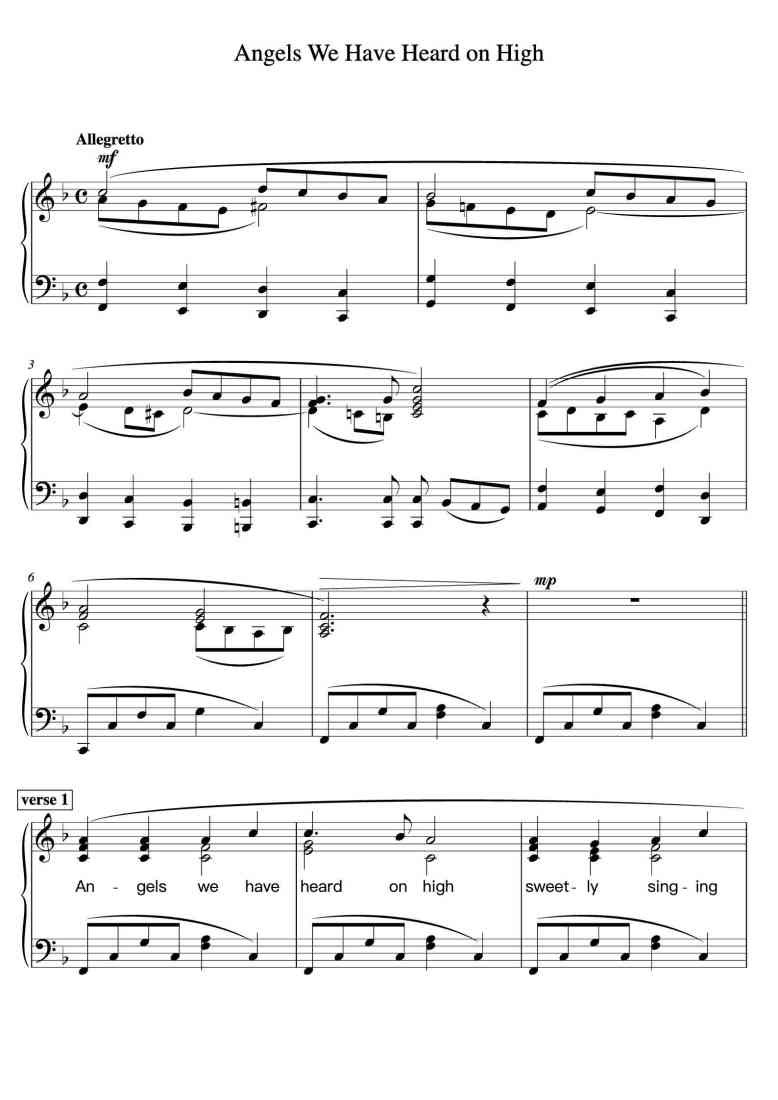1 / 1
Angels - Robbie Williams - Utim Lancewhit
Partiture per pianoforte gratuite
Le risorse su questa piattaforma sono caricate dagli utenti. Se ritieni che i tuoi diritti di proprietà intellettuale siano stati violati, contattaci all'indirizzo [email protected].
About This Sheet Music
Angels, by Robbie Williams
Piano Song Names: Angels
- ArtistRobbie Williams
- Number of imitations:224
- GenrePop
- KeyD Major
- Tempo76
- Pages4
- ArrangedRobbie Williams
- ComposeWords and Music by Robbie Williams and Guy Chambers
- IntroductionAngels, Sheet Music is D Major, Composer by Words and Music by Robbie Williams and Guy Chambers and Arr.Robbie Williams,Suitable for all Users to play learning.
Raccomandazioni




